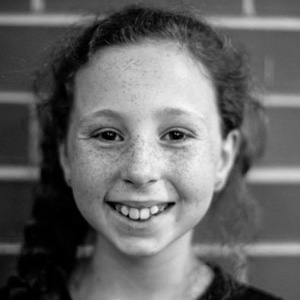Hunter Drama Dictionary
A sneaky cheat sheet for HD parents!
BLOCKING– The plan of where actors move on stage
CHARACTERISATION– The distinct, unique reactions and sounds that are created by the actor to form a character.
CHOOKAS– A uniquely Australian phrase used to wish performers Good Luck!
COLD READ– When an actor reads a script they have not previously seen. Cold reads are commonly used in auditions.
CUE– A signal (someone else’s line, lighting change, sound or movement) that indicates something else is to happen onstage.
DOWNSTAGE– The area on stage that is closest to the audience.
DRESS REHEARSAL– The rehearsal just before a show opens. With full costume, sound and lighting. Very exciting times!
ENSEMBLE– A tight knit group of actors who work together to create.
IMPROVISATION– A spontaneous style of theatre through which scenes are created without advance rehearsal or a script.
MERYL STREEP– THE GREATEST ACTRESS WHO EVER ROAMED THE EARTH
MIME– Acting out a story using movements only. Most commonly a form of comedy.
MONOLOGUE– A long speech performed by one actor.
MUSICAL THEATRE– A genre of drama where singing and acting add to and are important elements of the story.
NEUTRAL DRAMA POSITION (NDP)– A stance that actors use to focus. Actors stand with feet shoulder width apart, hands by their side, knees are relaxed, Face is neutral and actors are silent. This stance is often used between activities or before creating characters.
PROJECTION– The strength of speaking or singing whereby the voice is used loudly and clearly.
PROPS– Objects used during a performance. Commonly used to help tell the story.
REHEARSAL– Practising a performance or play.
RUN THROUGH– To rehearse a performance from start to finish without stopping.
SCREEN ACTING– Drama classes where students learn technquies to act on film.
SCRIPT WORK– The process of annotating a script for a performance. Actors and directors will mark important parts of the script, this will include key moments like entrances and exits and emotional changes.
STAGE LEFT– On the left side of a stage from the point of view of a performer facing the audience.
STAGE RIGHT– On the left side of a stage from the point of view of a performer facing the audience.
TABLEAU– When a group of actors create a motionless pose representing a scene from a story.
UPSTAGE– Towards the back of a theatre stage.
WOWFEST– A showcase in Term 2 & 4 for all Hunter Drama classes to show off their talents!
YOUNG ACTORS PROGRAM– Drama classes at Hunter Drama using our world class syllabus
